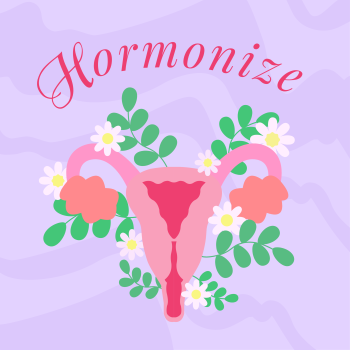
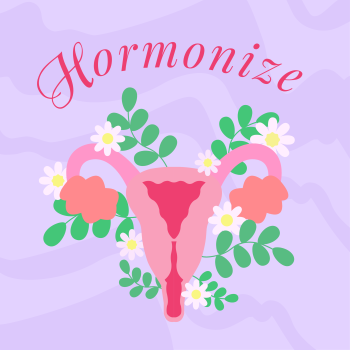
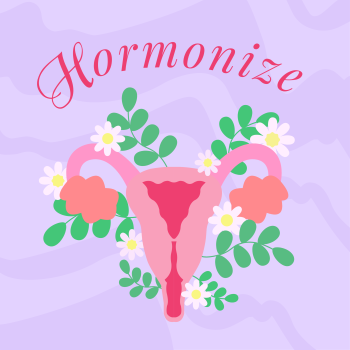
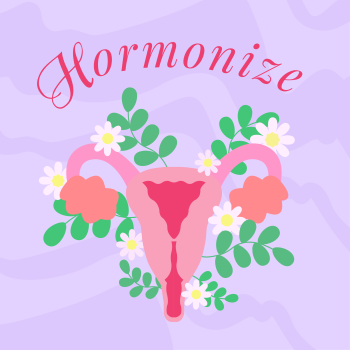
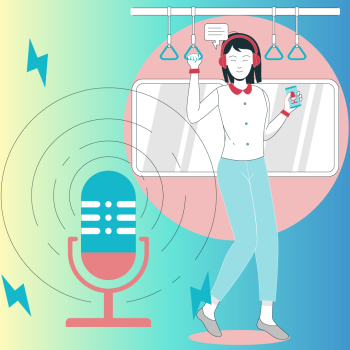
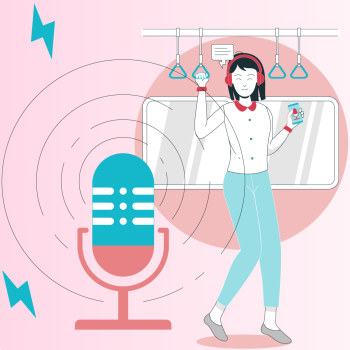
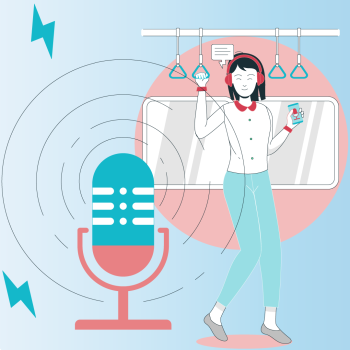
|
At the age of 12 for the first time I had my period. I was at home, and I still do remember that at first, I did not know what to do nor how to react and so I hid my clothes that had period blood stains without talking to anyone about it. After two days, I however realised that I had to talk about it at least with my mom to figure out what I should do, how I should handle this novelty, which was certainly going to happen again. My mom immediately made me feel comfortable and explained to me how the menstrual cycle works, how to deal with my periods, and how to handle my menstrual hygiene.
At school, I did not immediately talk to my friends about it, that I had my first period. I somehow felt ashamed. I knew that some of them had already gone through their first menstrual experience, but many others had not yet. When I finally decided to share this news with them, I felt better. We shared our own experiences among ourselves, and it felt like it was a way to normalise the situation, to normalise the conversation about menstruation. At the age of 12, I had some information, because a few years before in school we had taken an effective sexual education class. But mostly I felt it was a taboo topic, so even if I had doubts, I struggled to ask questions openly to my parents or peers.
Now that I am a young adult, I wonder how it is possible that we still talk so little openly about the menstrual cycle and its importance as well as menstrual health and hygiene and related disorders or conditions. Often young girls feel alone and do not know who to talk to during their first menstrual experience or who to talk with about these topics, because they are ashamed and do not have enough information. I think the goal of youth health literacy in youth work is to create inclusive and safe spaces where youth can talk freely about issues related to sexual health and rights, where they can express their doubts without fear, and get answers to their questions. Youth Sexual Health |





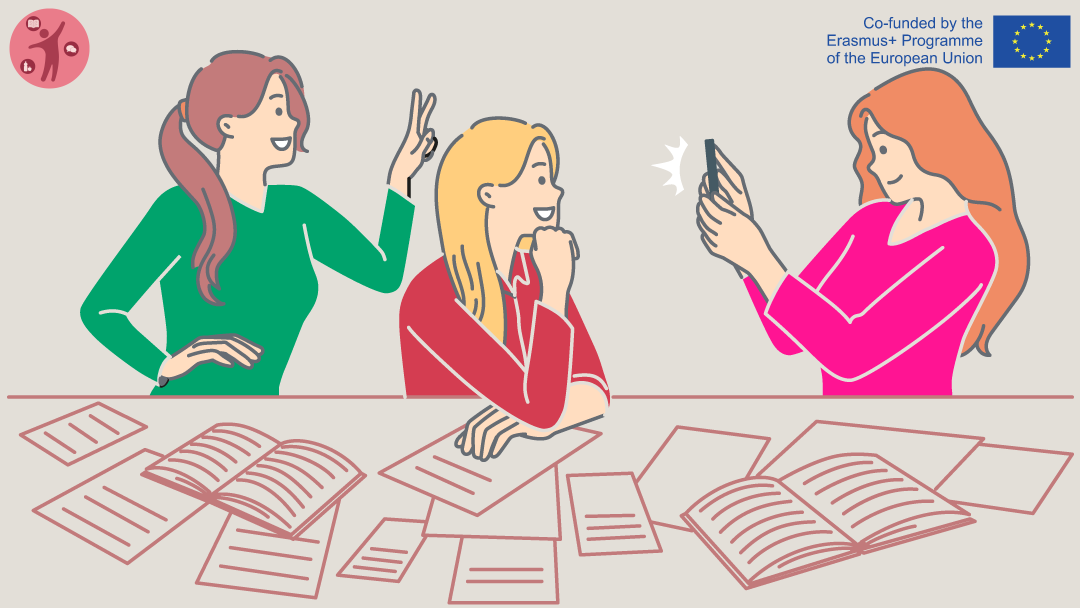 Published on 08.11.2023 at 11:46
Published on 08.11.2023 at 11:46